Create Story Ideas That Beg To Be Written: The Simple Secrets to Start Producing Terrific Ideas Today
Copyright 2020 by John D. Brown
This book is licensed for your personal enjoyment only. Except in the case of brief quotation embodied in critical articles and reviews, no part of this publication may be reproduced or transmitted in any form or by any means, electronic or mechanical, including photocopying, recording, or any information storage and retrieval system, without permission in writing from John Brown. Thank you for respecting the hard work of the author.
Start producing ideas that crackle with electricity today
D o you want to write novels that make people laugh, cry, wonder, thrill, and sit on the edges of their seats, but find yourself struggling to do that?
Have you read books, watched videos, listened to podcasts, and still just dont get it?
I know the feeling.
I wasnt one of those kids destined to write novels. I didnt emerge from the womb with Shakespeare in one hand and Ernest Hemmingway in the other.
I didnt write my first novel when I was in middle school. Or high school. Or even in college. I didnt put twinkles in my English teachers eyes.
I didnt even start reading for pleasure until the sixth grade when I discovered The Hobbit. And while I read steadily after that, I was not one of those kids who devoured whole bookmobiles. I wish I had been, but I wasnt. Back then nobody would have pointed at me and said, There. There walks a budding author.
Even so, I loved the novels I did read. I loved them so much that years later, at the end of my second year of college, I finally decided thats what I wanted to do. I wanted to write stories. Stories that, in the words of Emily Dickinson, took the tops of peoples heads off. And I figured getting a degree in English literature would teach me how to do it.
Except English literature degrees dont teach you anything of the sort. The name of the degree kind of gives it away. Degrees in English literature are aboutyoure never going to guessreading English literature. They are designed to teach you how to critically analyze texts with various literary lenses. What they are not designed to do is teach you how to develop and write stories that whisk readers away on perilous adventures, make their hearts thump with wonderful romance, or scare the soup out of them with tales of suspense and dread.
Yes, my university did offer elective, creative writing classes. In my first one, I wrote a masterpiece that was two paragraphs long and described a moment when I was a water boy, hose in hand, standing outside at my dads nursery in the hot, Utah summer sun, squirting a stream of water at a grasshopper that had landed on a one-gallon juniper bush.
That was it. Me squirting a grasshopper. Really moving stuff, I know.
But I persisted and took a creative writing class every semester. I did learn some things. And there were parts of my short stories that sparkled every now and again. However, they never felt like the stories I loved.
Even my professors, as wonderful as they were, didnt seem to understand the core of story. I remember going up to one after class and asking him how you knew when to end a story.
He looked at me and said, I dont know when to end them. I just end them.
What?
And this was a professor whod published his stories in many literary magazines.
Back then writing was all a vast mystery to me. It seemed you either had it, or you didnt. It was in your DNA, or it wasnt. And as far as I knew there was no instruction on how to put a ripping good yarn together on purpose instead of on accident. Sometimes it felt like it would have been more productive to chase leprechauns.
So, if thats where you are, I know how you feel.
Luckily, over a number of years I had a number of key insights and eventually received a three-book contract from a major publisher. After that, I continued to publish and went on to sell tens of thousands of copies of my novels to readers all across the planet.
And thats why Im so excited about The Novel Writers Academy because the academy is not about giving you more education about writing. Its about pulling the covers off so you can see whats truly at work.
More importantly, its about you getting trained. With one-on-one help from someone who knows what theyre doing. Someone who has written novels, published them, and delighted thousands of readers.
Instead of watching a video or reading a book about writing, youre going to get to work and (1) develop multiple story ideas that beg to be written, (2) create outlines that build the type of experiences you love, and (3) write chapters that engage and transport the reader. And youre going to do all of that with one-on-one guidance.
This handbook is meant to accompany the first course, which means that in these pages youll find all the key concepts, processes, and methods you need to know to support you as you develop the story ideas youll be working on in class.
For those not taking the course, you will find a wealth of knowledge that you can apply on your own.
However, for those attending the course, youre in for a ride, because youre going to actually apply everything thats here. In fact, when you finish the course, you will leave with a number of ideas that are crackling with electricity. Ideas you yourself developed that are ready for the next step, which is the outline (or your first draft, if you want to try writing by the seat of your pants). The bottom line is that when you finish this first course, you will be a budding, story idea machine.
If you are tired of wandering around in the writing wilderness, you now have a guide in your hand that will help you get to the other side. So lets begin. There are three things you must learn to write killer stories. And thats where we are going to start.

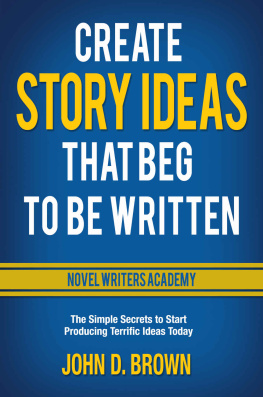
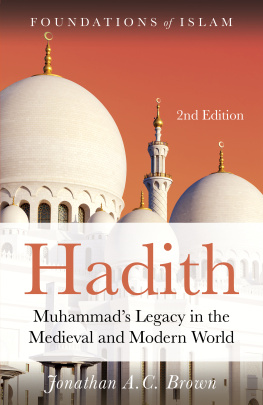


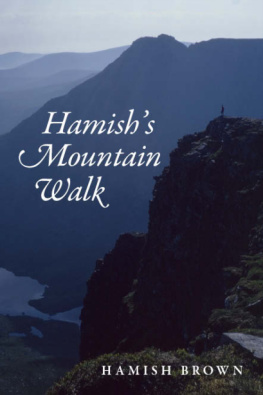
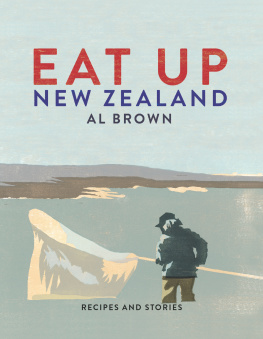


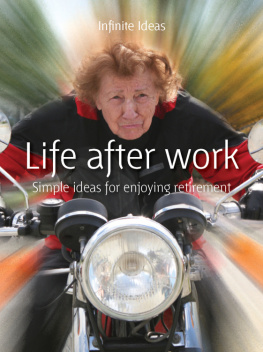


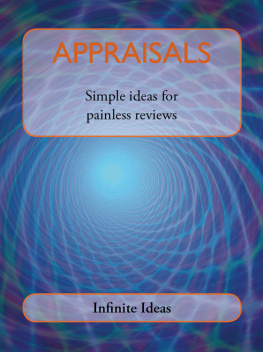

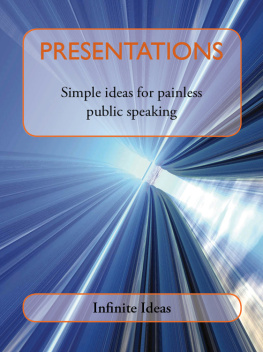






 Created with Vellum
Created with Vellum